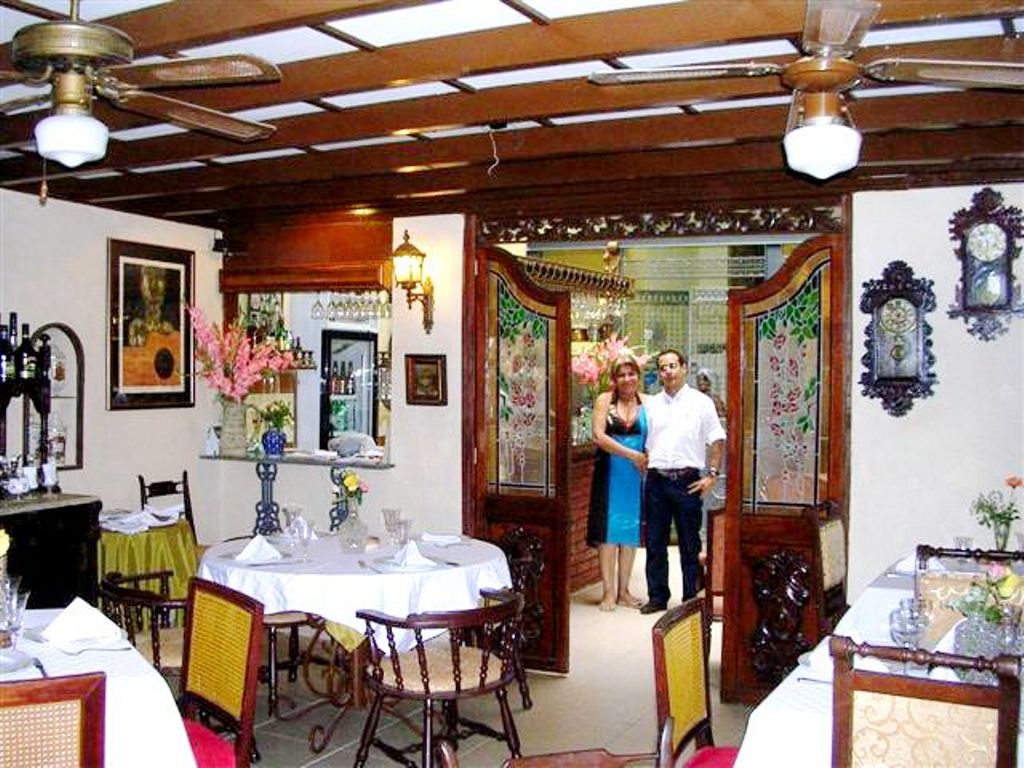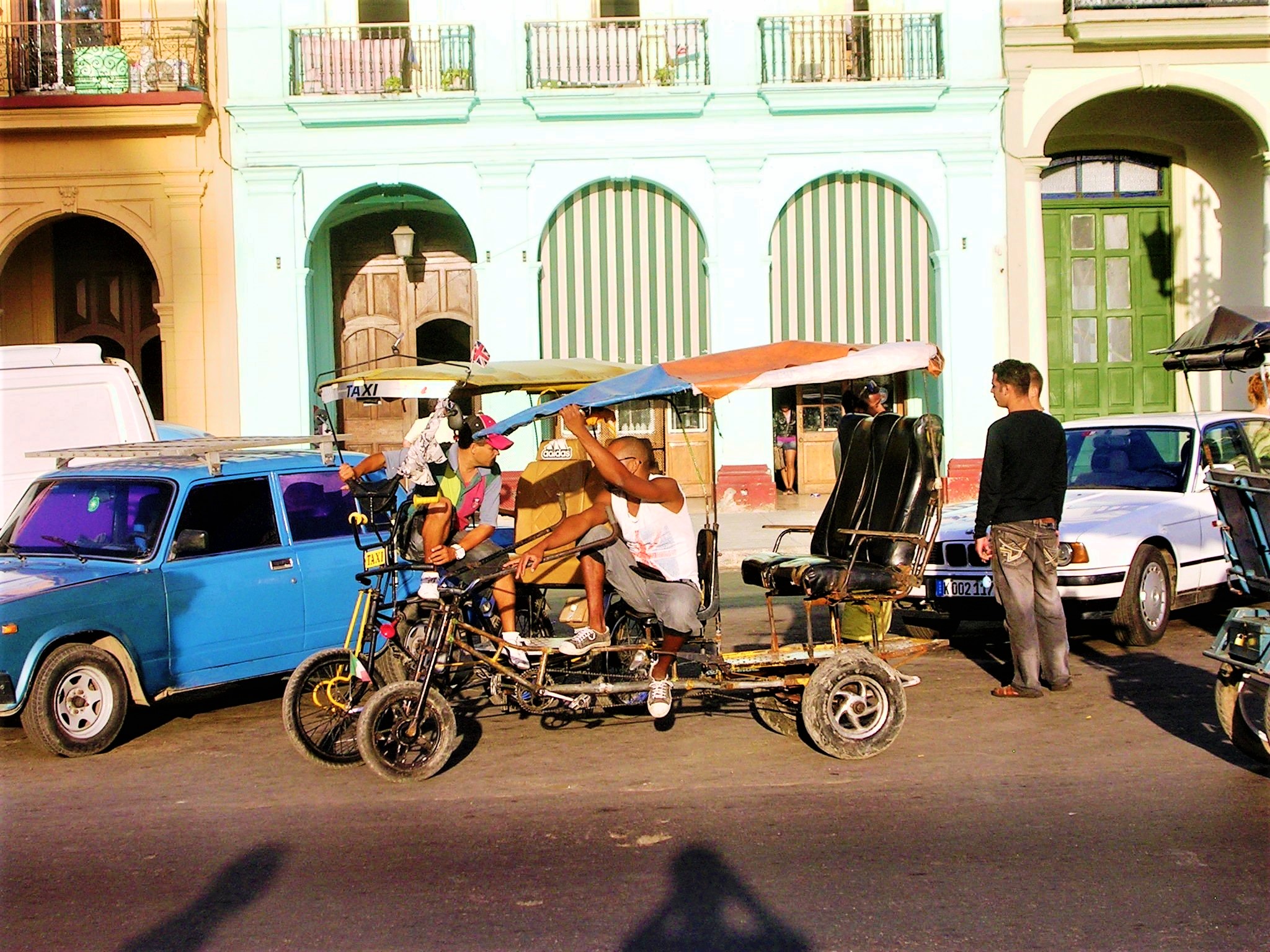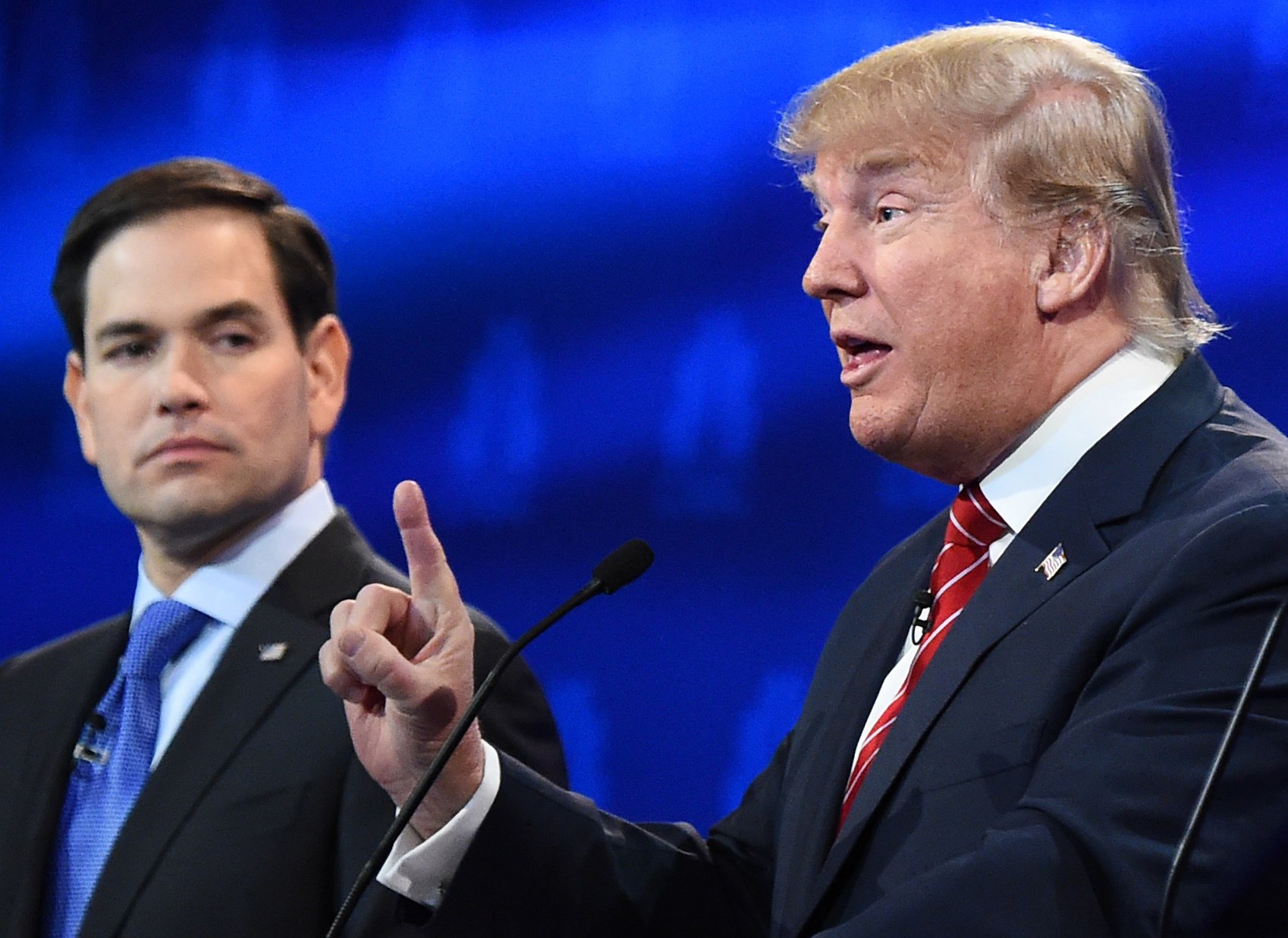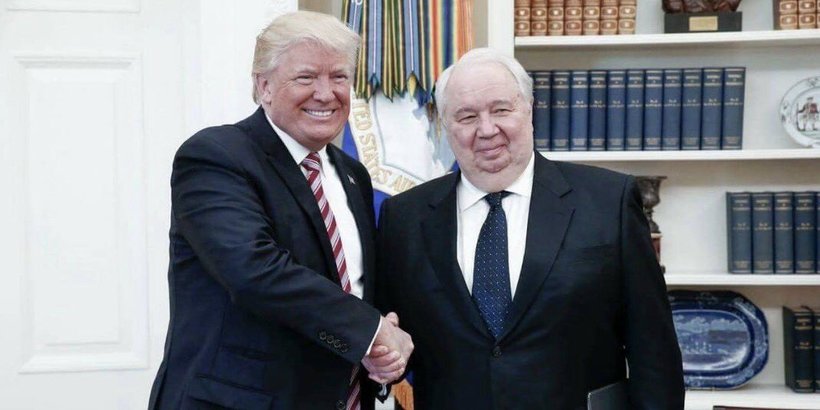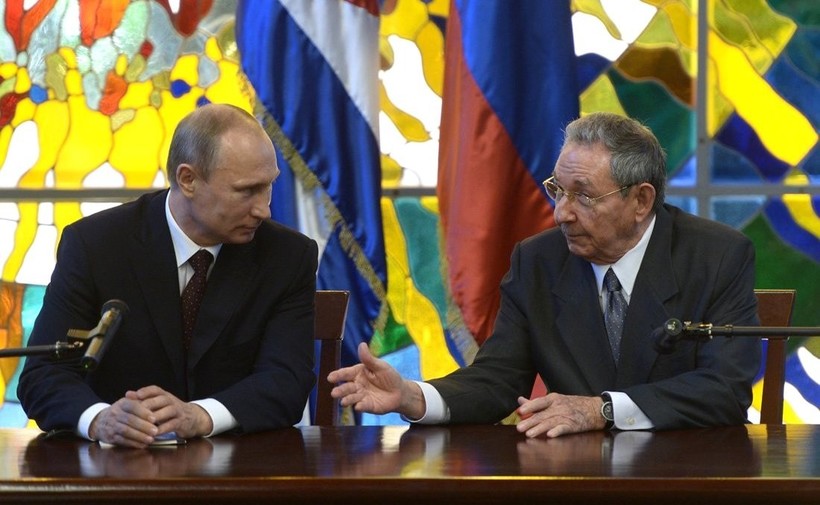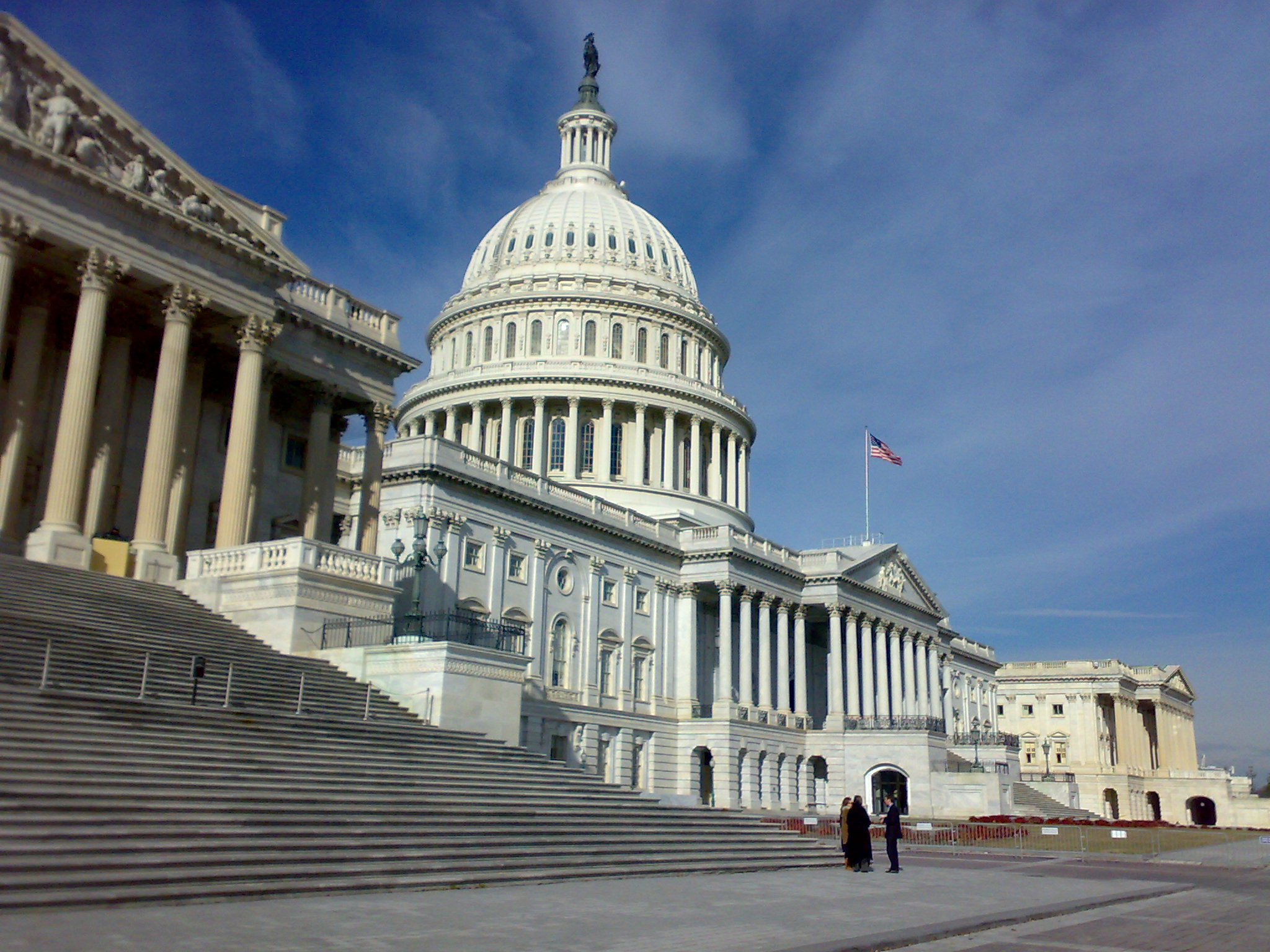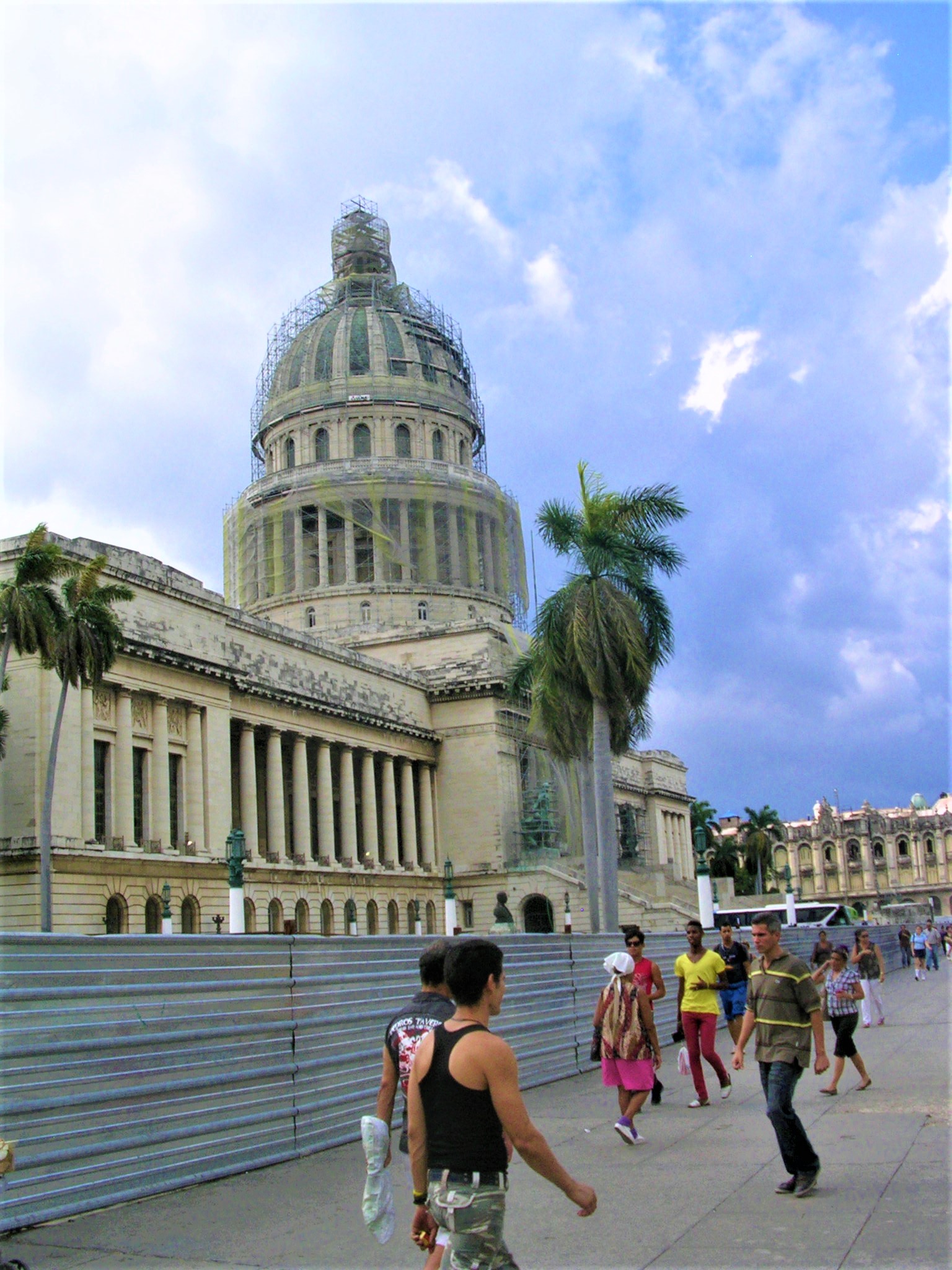By Mimi Whitefield
Miami Herald, June 23 2017
Some U.S. executives that do business with Cuba breathed a sigh of relief after President Donald Trump outlined his new Cuba policy in Miami because it won’t have much impact on their companies. But others have pressed the pause button until they see how the new regulations implementing the changes are written.
Lawyers who help firms navigate the thicket of laws and regulations governing the embargo and dealings with the island have been combing through a memorandum that Trump signed on June 16 as well as three pages of frequently-asked questions issued by Treasury’s Office of Foreign Assets Control (OFAC) and a White House fact sheet to get a sense of the new policy.
Until the regulations are written, that’s all they have to go on. Trump has mandated that the regulation-writing must begin by mid-July.
“Until the regulations change, everything is status quo,” said Yosbel Ibarra, a Miami lawyer on Greenberg Traurig’s Cuba practice team.
How long it will take to write new rules is anybody’s guess, but it isn’t an easy task because multiple agencies and departments will be involved. Some key posts that would have oversight over the new policy also have yet to be filled by the Trump administration, according to lawyers.
Don’t expect a rush by U.S. companies that have proposals pending before the Cuban government to get deals inked before the new rules go into effect, say lawyers and business consultants.
“The way corporations are, when they know rule-making is underway, they are always going to hold up until the regulations are written,” said Robert Muse, a Washington lawyer who specializes in U.S.-Cuba law. “They are not going to set themselves at the far end of the branch based on a Q&A from OFAC.”
There will be important changes in the new policy: it bars most business by U.S. companies with Cuban entities owned or controlled by the military or intelligence services and cuts out people-to-people trips to Cuba by individuals. Group travel in that category is still OK – although there is expected to be more scrutiny of all Cuba travelers to make sure the purpose of their trips isn’t tourism.
The prohibition on doing business with the military is significant because since the 1990s, the Cuban military has been taking control of ever larger chunks of the economy, partly because military managers are viewed as more efficient. Many officers have been sent abroad for business training.
Now the military conglomerate GAESA controls an estimated 40 to 60 percent of the economy, with heavy involvement in the tourism industry, logistics and retail operations. The military’s Gaviota Tourism Group, for example, controls or has joint ventures with foreign partners in 64 hotels and villas, including many resort hotels as well as the Saratoga, a favorite of visiting Congressional and business delegations, and the new luxury Gran Hotel Manzana Kempinski in Havana.
Even though former President Barack Obama opened up more opportunities for U.S. companies to do business in Cuba, not that many agreements have been finalized. Most are in the transportation sector, the telecommunications industry (notably roaming agreements and Google’s deal to install its servers on the island) and in the hospitality sector.
Some of the U.S. companies have inked deals with military entities. Telecommunications projects, for example, go through ETECSA, the state communications company that is controlled by the military, and Starwood Hotels & Resorts, now a part of Marriott International, has signed an agreement with Gaviota, the military tourism company, to manage a Cuban hotel as a Four Points by Sheraton.
But the administration has said it doesn’t want to hurt American businesses that have engaged in lawful commercial opportunities with Cuba and those agreements will be grandfathered into the new Cuba policy. That’s also true of any other projects that are in place prior to issuance of the new regulations.
Meanwhile, the coming prohibition on doing business with the Cuban military has prompted calls from clients who want to make sure exactly who their Cuban counterparts and business partners are, said Ibarra.
But even companies looking at business that seemingly have nothing to do with the Cuban military are wary. “I’ve already had a client from New York call and say I guess I’m not going forward [in Cuba],” said Charles Serrano, a Chicago business and travel consultant who has taken clients on more than 130 trips to Cuba.
He is helping four other companies that have signed agreements, have submitted proposals or are in negotiations. But Serrano, managing director of The Antilles Strategy Group, said: “This will slow the interest of American businesses in exploring opportunities in Cuba. They calculate risk based on real things.”
The next battleground is how the new regulations are written. “After the announcement there was a little sense of relief because companies now know more or less what the landscape will look like and the direction policy is going,” said Pedro Freyre, chairman of Akerman’s international practice, which includes clients doing business or trying to do business in Cuba. “But now the next level of anxiety is about what the regulations will look like. Depending on how they are crafted, they could shut down a lot of business activity.”
Hardliners can be expected to make the case that the rules should be written so as much U.S. business activity as possible is precluded. But the Cuban Study Group, which includes executives and professionals who favor engagement, wants the administration to narrowly interpret what it means to do business with the Cuban military.
“There is a vast difference between a Fortune 500 company forming a joint venture with the Cuban military and a U.S. humanitarian worker buying a water bottle at a government-run store,” said the group in a statement. Among the military’s holdings are retail stores where visitors often buy bottled water.
“Nothing stops business like uncertainty,” said Ibarra. “The more clear and transparent the new regulations are, the better.”
Eventually, the State Department is expected to publish a list of military concerns that are off limits for U.S. companies.
Despite military links to airport and seaport operations in Cuba, the new policy allows cruise lines from the United States to continue to call at Cuban ports, U.S .airlines to keep on flying and limited legal trade, under exceptions to the embargo, to keep flowing. “Carnival Corp. is pleased that the policy changes announced by the Trump administration will allow our ships to continue to sail to Cuba,” said spokesman Roger Frizzell. He said Carnival plans to review how the tightening of travel rules potentially might affect its passengers. But he said all cruise passengers since Carnival’s social impact line Fathom inaugurated the first regular cruise service by a U.S. line to Cuba in March 2016 have been traveling under permissible categories for travel to Cuba. Carnival Corp. has discontinued its Fathom service to Cuba, but its Carnival Cruise Line currently calls in Cuba and its Holland American Line plans to begin sailing there in December.
Other cruise lines also have jumped into the Cuban cruise market. With current sailings and service that is planned, nearly 200,000 travelers are expected to sail from the United States to Cuba this year.
American Airlines, which offers 70 flights weekly to six Cuban cities, doesn’t expect too much impact from the new Cuba policy. Because all but one of its flights — a Charlotte-Havana route — depart from Miami, they have proved popular with Cuban Americans whose travel is not restricted by the new policy. “Because Miami is the heartland of Cuban exiles, we have a strong market of passengers visiting family and friends in Cuba,” said Martha Pantin, an American spokeswoman. Since it began regular scheduled flights to Cuba last year, American has opened a ticket office in Havana, begun selling tickets at the Havana airport and installed self-service kiosks there too. “By July, we expect to have self-service check-in at all the airports we serve in Cuba,” said Pantin.

